Ghana's Fierce Battle Against Illegal Mining: Galamsey Fight Intensifies
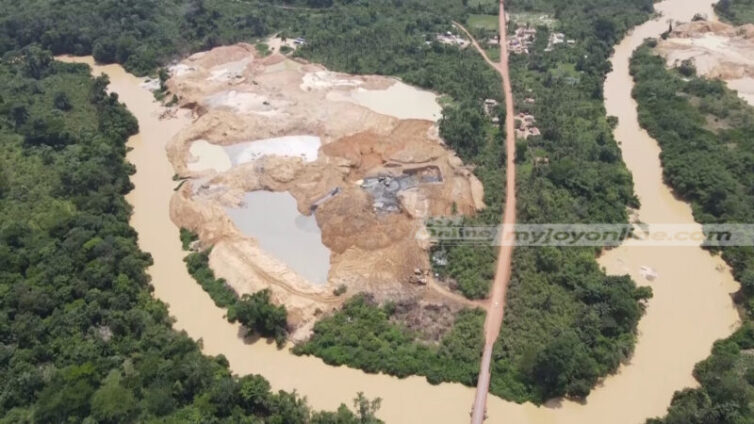
Ghana is grappling with a severe public health crisis fueled by the unchecked menace of illegal mining, locally known as galamsey, according to Dr. John Kingsley Krugu, former Environmental Protection Authority (EPA) boss and a vocal public health advocate. Dr. Krugu has sharply criticized the government's handling of the situation, warning that its inaction is pushing the nation towards a perilous future.
The devastating impact of galamsey is starkly evident in the country's water resources. Several Ghana Water Company treatment plants, including the crucial Kwanyako facility in the Central Region, have been forced to shut down due to dangerously high turbidity levels, rendering water untreatable. This has left numerous communities without access to safe drinking water, compelling residents to rely on contaminated sources. One resident passionately described the situation as "death poison," appealing to both chiefs and the government for immediate intervention, highlighting permits being issued for mining in rivers and the destruction of water bodies, particularly in the Eastern Region.
Dr. Krugu underscored the profound health implications, noting that medical professionals are already observing the consequences. He cited concerns about "deformities of babies that are born" and the prevalence of waterborne diseases like typhoid, even in areas less impacted by direct galamsey activities, such as the Oti Region. Furthermore, studies conducted on major rivers like the Ankobra and the Pra have revealed alarming levels of heavy metal sediments. These contaminants not only compromise drinking water but also pose a significant risk to the nation's food chain, as evidenced by the detection of heavy metals in fish, consumed by a large segment of the population.
The core issue, Dr. Krugu insists, is not a lack of legal framework but a severe deficit in political will and strong leadership for implementation. He pointed to the comprehensive new EPA law, which he helped craft despite opposition, stating, "What is needed is political will to put that into its implementation, and then we will get the results." He also dismissed recent government initiatives as "unserious and a distraction," specifically lambasting the decision to send delegations abroad to study small-scale mining. "When I hear funny stories like a whole delegation needs to go to Australia to learn how to do small-scale mining and come back and things, I thought that we are joking as a country," he asserted, calling on the current president and government to "walk the talk."
Amidst these criticisms, the broader mining landscape in Ghana is also seeing significant developments. Engineers & Planners (E&P), a major West African mining contractor, has acquired full equity in Azumah Resources Ghana Ltd and Upwest Resources Ghana Ltd, paving the way for the revival of the long-dormant Black Volta and Sankofa gold projects in the Upper West Region. These concessions, which had been stalled for nearly two decades due to legal disputes and lack of capital, are now set for fast-tracked development by E&P, leveraging high gold prices exceeding $3,000 per ounce. This transaction marks a notable shift in Ghana's mining sector, promising potential revenue and development.
The issue of illegal mining was also a dominant theme during President John Mahama's first media encounter after nine months in office. While he highlighted gains in economic stabilization, education, health reforms, and youth tech programs, tough questions on galamsey, rising costs of living, and project funding took center stage. President Mahama reiterated his administration's commitment to combat illegal mining and protect Ghana's vital water bodies. However, he cautioned against rushing into declaring a state of emergency, stressing that such drastic action should be a last resort. During the encounter, President Mahama also disclosed the government's deployment of a new system, equipped with tracking technology via IP addresses by the National Signals Bureau (NSB), to identify individuals spreading hate speech on social media.
The contrasting perspectives — from Dr. Krugu's urgent warnings and calls for strict law enforcement to President Mahama's pledges and cautious approach — highlight the complex challenges facing Ghana in balancing economic development, environmental protection, and public health. The continued degradation of water bodies and the associated health risks remain a critical concern that demands immediate and effective solutions from all stakeholders.
Recommended Articles
Massive Blow to Illegal Mining: NSCDC Dismantles Network in Rivers State!
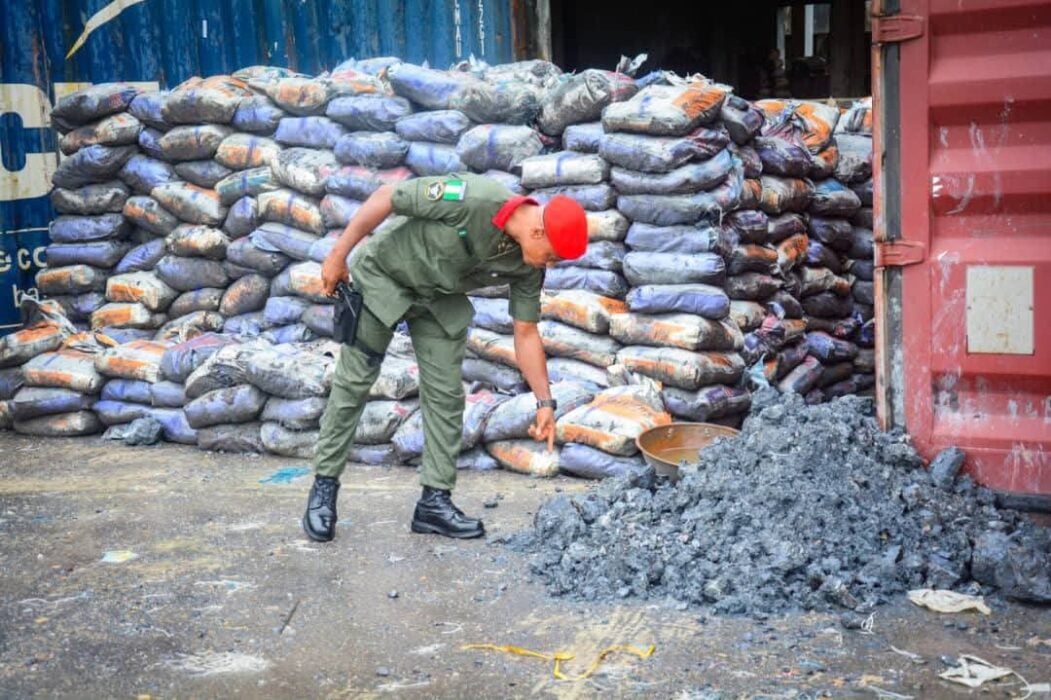
The Nigerian Security and Civil Defence Corps (NSCDC) has successfully dismantled an illegal mineral storage network in ...
Ghana's Environmental Catastrophe: Galamsey Crisis Deepens with Urgent Warnings and Mass Arrests
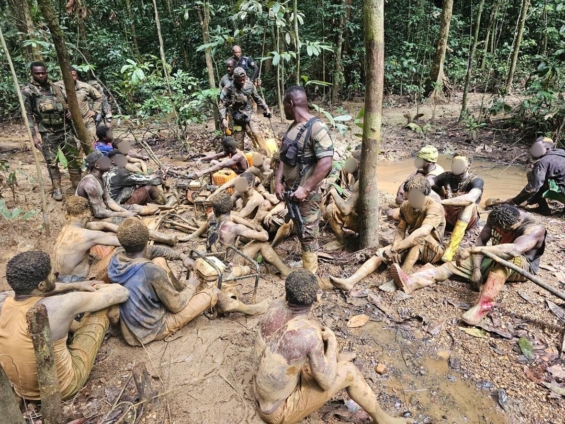
Ghana faces an escalating crisis due to illegal mining (galamsey), causing widespread environmental devastation, from fo...
Mining Mogul Wontumi Denied Bail in Illegal Mining Case, Faces New Charges
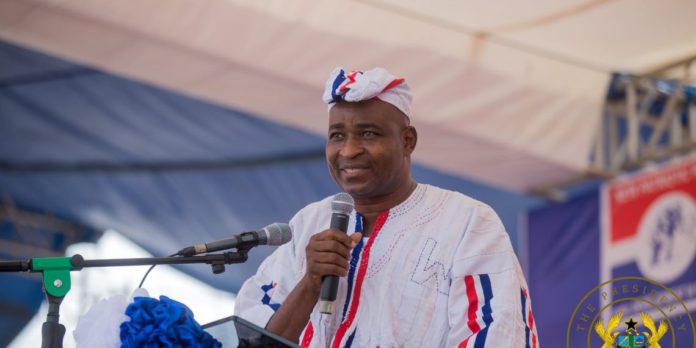
Ashanti Regional NPP Chairman, Bernard Antwi Boasiako, known as Chairman Wontumi, is facing seven new charges for allege...
OccupyGhana Issues Urgent Ultimatum: Declare State of Emergency on Galamsey NOW!
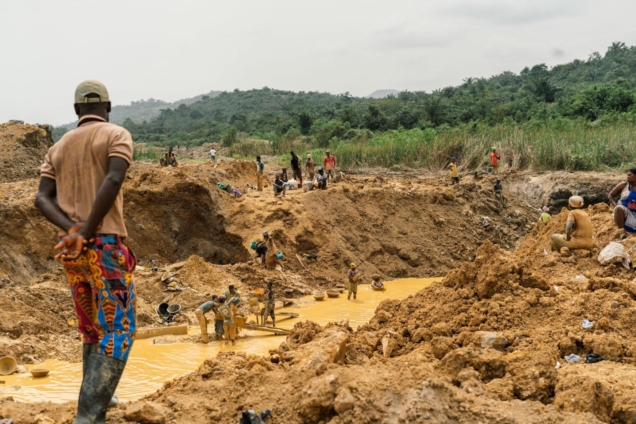
OccupyGhana has urged President John Mahama to declare an immediate state of emergency across Ghana's mining areas due t...
Mahama Under Pressure: Ghana's Galamsey Battle Reaches Boiling Point Amid Calls for Emergency Powers!
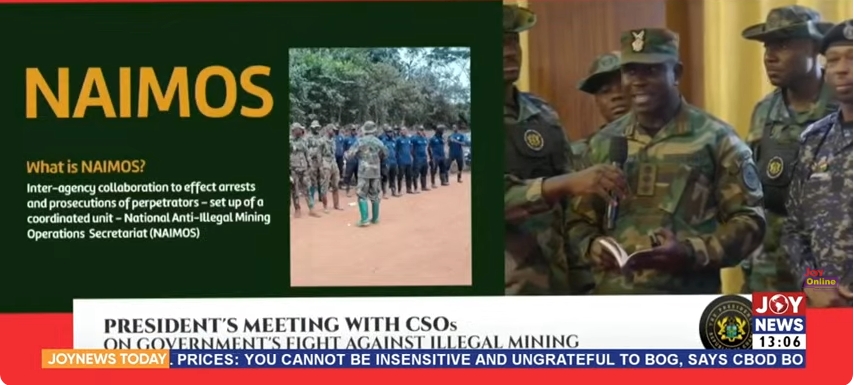
Ghana is intensifying its fight against illegal mining, or galamsey, with President John Dramani Mahama affirming a stro...
You may also like...
Digital Portfolios Are the New Business Cards; Here’s How to Build One That Gets Seen

In today’s digital-first economy, your online portfolio is your handshake, résumé, and elevator pitch rolled into one. H...
Career Pivoting: Why Changing Paths Might Be the Smartest Move You Make

In a world where stability often overshadows fulfillment, career pivoting may be the smartest move for professionals se...
Why Your First Failure Might Be the Best Thing That Ever Happened to Your Business
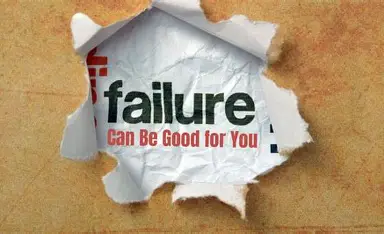
Failure isn’t the end of entrepreneurship, it’s the education success never gives. Here’s why your first business collap...
Consumerism vs Culture: Is Africa Trading Values for Trendy Lifestyles?

Is Africa trading its cultural values for trendy lifestyles? Explore how consumerism, foreign brands, and social media p...
The War on Boys: Are African Male Being Left Behind in Gender Conversations

Why are African boys and men often left out of gender empowerment programs? Explore how emotional suppression, lack of m...
Pay Slip, Motivation Slips: The Silent Crisis Among the Working Class

Across Nigeria, millions of workers are trapped in jobs that pay just enough to survive but too little to live. Beneath ...
Premier League's Unsung Heroes: Bournemouth, Sunderland, and Tottenham Shockingly Exceed Expectations

This Premier League season sees teams like Bournemouth, Sunderland, and Tottenham exceeding expectations. Under Thomas F...
El Clasico Fury: Yamal Controversy and Refereeing Blunders Ignite Post-Match Debates
)
Real Madrid secured a 2-1 El Clasico victory over Barcelona amidst significant controversy surrounding a late penalty de...